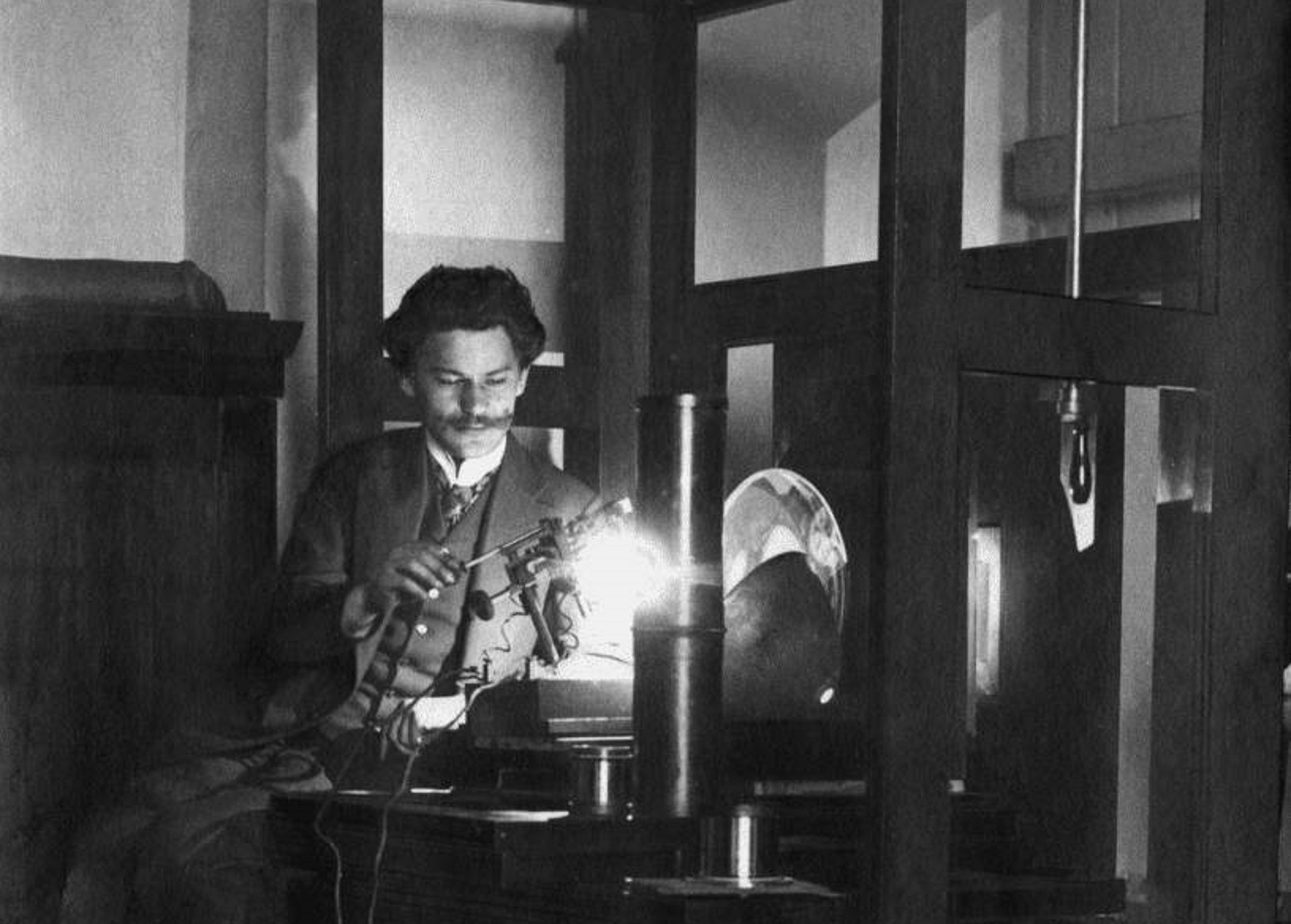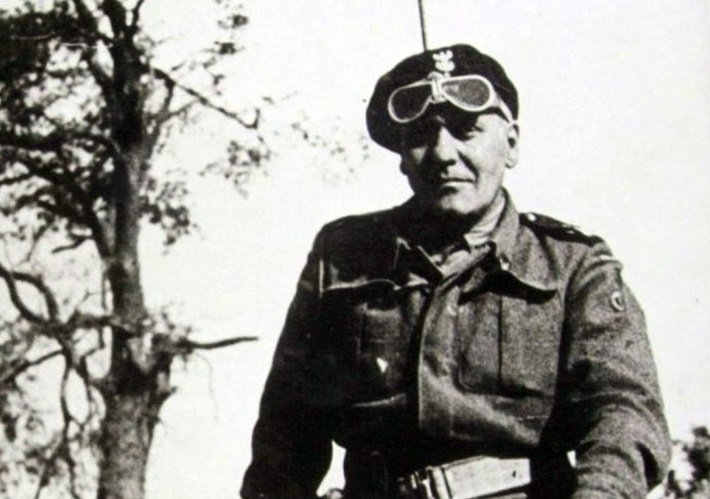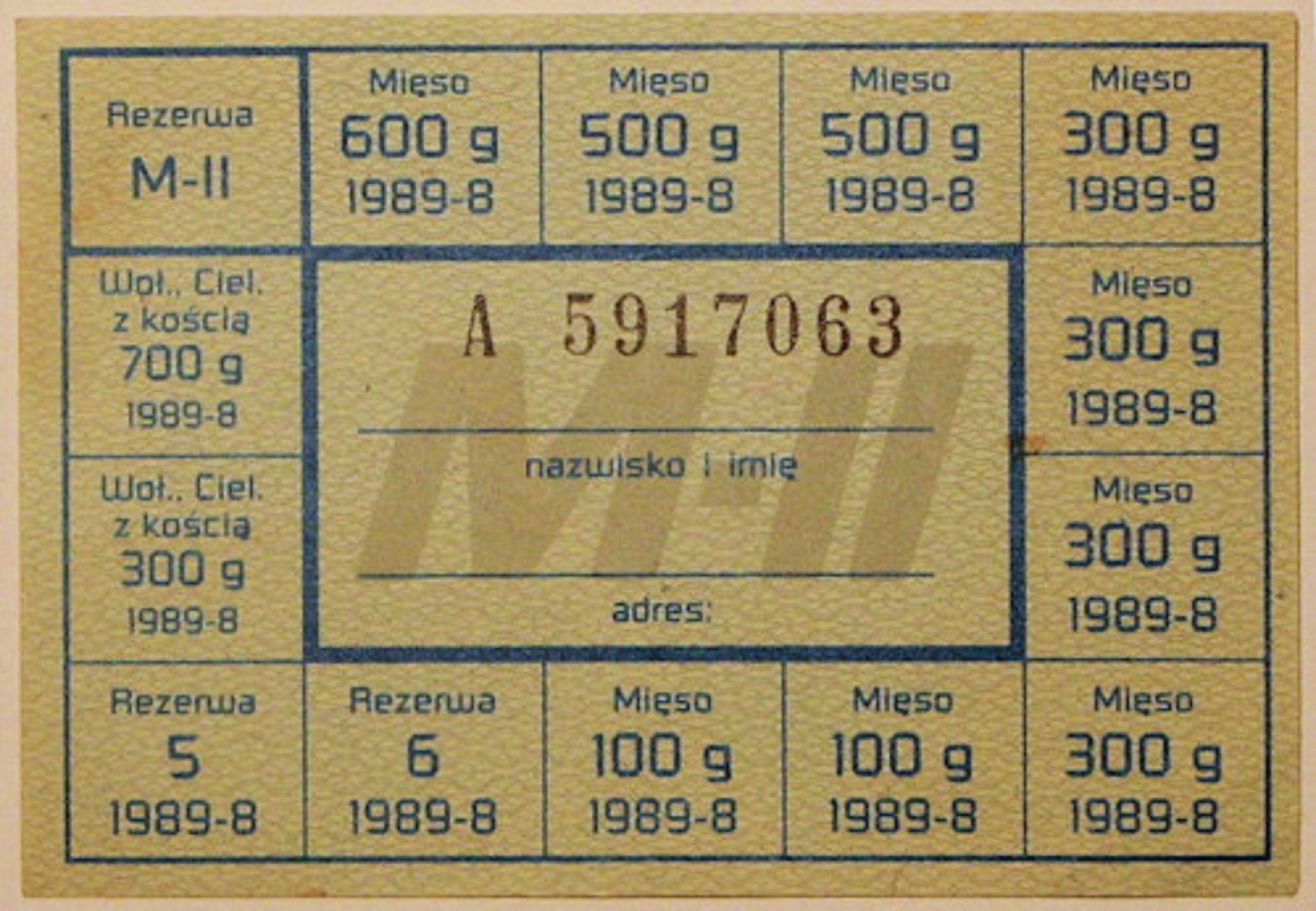Marian Kukiel: a soldier, professor, and émigré
Marian Kukiel’s oeuvre is one of the milestones of Polish military historiography. Together with Wacław Tokarz, Marian Kukiel was a co-founder of this discipline. His monumental work on the War of 1812 is an important contribution to European Napoleonic studies. The researcher’s qualities included versatility and diligence. He was a soldier, politician and promoter of…




